How To Improve Insulin Resistance With Diet
Discover powerful nutritional strategies to enhance metabolism and boost overall wellness.

Image: Shutterstock
Over 60 million Americans are insulin resistant (1). If left untreated, insulin resistance may lead to obesity, diabetes, PCOS, and infertility (2), (3), (4).
Insulin resistance is your body’s inability to respond to insulin. When that happens, the blood glucose levels spike and cause a dozen health complications (5). The Insulin Resistance Diet is an effective and proven way to fight this dormant health problem (6). Read on to know all about this diet, how it works, and its benefits. Let’s begin!
In This Article, You Will Know…
- What Is Insulin Resistance?
- What Causes Insulin Resistance?
- Symptoms Of Insulin Resistance
- Insulin Resistance Diet – Foods List
- How Can This Diet Help You?
- Foods To Avoid
- Other Tips
What Is Insulin Resistance?
To answer this question, let me first tell you about insulin and its importance. Insulin, a hormone, is secreted by the beta cells of the pancreas after you consume carbohydrates. These carbohydrates are broken down into glucose, which raises blood glucose levels. Any meal or snack high in carbohydrates will produce a rapid rise in glucose levels.
Insulin helps carry glucose (or sugar) to the muscles and liver cells, where glucose is broken down into a usable source of energy. Energy is used to perform various day-to-day functions, like breathing, digesting food, walking, dancing, batting eyelids, typing, and sleeping.
Insulin resistance occurs when the body does not have the capability to respond to and use the insulin it produces. Over time, insulin resistance is prone to get worse, and the pancreas that makes insulin begins to wear out. Finally, the pancreas will no longer make enough insulin to overcome the cells resistance. It can also happen when you binge eat and follow a sedentary lifestyle. Over the years, the high amount of glucose and insulin circulating in the bloodstream make your cells unresponsive to insulin. As a result, your body becomes insulin resistant.
In a nutshell, insulin resistance is a condition in which your cells stop recognizing insulin molecules. This results in high blood sugar and diabetes. Before you blame your genes for being insulin resistant, take a look at the various reasons you might be insulin resistant.
What Causes Insulin Resistance?
Insulin resistance may be caused due to the following reasons:
- Following a sedentary lifestyle
- Inability to sleep properly
- High stress and depression
- Age
- High body fat
- Not controlling portions
- Consuming too many junk foods
- Not consuming enough dietary fiber
- Not working out regularly
- Using steroids
- Smoking
- Consuming a lot of alcohol
- Faulty genes
How can you know if you are insulin resistant? Well, you must take the Insulin Resistance test. You will also notice the following symptoms.
Insulin Resistance Symptoms
Common symptoms of insulin resistance are:
- You gain weight suddenly.
- You feel hungry all the time.
- You have high blood pressure.
- You have high triglyceride levels in your blood.
- You have irregular periods.
- You feel depressed or anxious.
- You feel the urge to use the washroom frequently.
- You have a tingling sensation in the hands and feet.
- You feel tired all the time.
- You are more prone to infections.
- Dark patches on the elbows, neck, knuckles, knees, and armpits.
If these are some of the symptoms that you can identify with, I suggest you get the blood work done and see if you are insulin resistant. Talk to your doctor and get started on the insulin resistance diet.
Insulin Resistance Diet – Foods List
The insulin resistance diet is a dietary approach to help reduce the symptoms and health risks of being resistant to insulin.
Here are the foods you must include in your diet to improve your body’s response to insulin:
Consume these foods on a daily basis to see amazing results. When choosing dairy, it is important to go for the organic products made with cow’s milk instead of conventional ones. Organic milk has higher levels of omega-3 fatty acids than the conventional one. Omega-3 fatty acids improves insulin sensitivity. Take a screenshot of this list of foods and use it when you go grocery shopping. The way this diet will help you is through a few simple mechanisms. Let’s find out about that in the next section.
How Can This Diet Help You?
The insulin resistance diet will help you in the following ways:
- High In Dietary Fiber – The foods mentioned in the list are high in dietary fiber. Dietary fiber helps in bulking up the stool, improves bowel movement, forms a gel-like substance in the stomach, thereby making you feel full for a long duration. It also aids the growth of different good gut microbes, which improve digestion and alleviate recurring constipation.
- Boosts Metabolism – The dietary fiber in the foods helps boost metabolism by increasing the number and variety of good gut bacteria that aid digestion. Dietary fiber also helps in stomach emptying, which also kickstarts metabolism.
- Antioxidant and Anti-inflammatory Properties – Fresh, green veggies, fruits, herbs, spices, protein sources, and healthy fats are loaded with macronutrients (complex carbs, protein, and healthy fats) and micronutrients (vitamins, minerals, and other trace nutrients). The micronutrients have antioxidant and anti-inflammatory properties. These help to reduce inflammation and stress in the body, thereby helping you lose weight, specifically, belly fat.
- Increases Insulin Sensitivity – When you consume veggies, fruits, and other healthy foods regularly, your body will start to function normally in about two weeks. Your hunger will reduce (as the dietary fiber will keep you full for a long duration), stress levels will come down, and your cells will start responding to insulin better. As a result, your body will switch to the fat-burning mode.
- Weight Loss – When your body switches to the fat-burning mode, you will start to burn fat and get rid of the excess flab.
All this can get stalled if you keep eating foods that are unhealthy and harmful. Here’s a list of foods that you must avoid or limit consuming.
Foods To Avoid
- Deep fried foods
- Frozen foods
- Ready-to-eat foods
- Canned veggies and meat
- Packaged drinks
- Alcohol
Apart from diet, I have some tips for you to help you achieve your goal quicker. Take a look.
Other Tips
- Soak two teaspoons of fenugreek seeds in water overnight and consume a glass of this water first thing in the morning.
- Consume 3-4 cups of green tea per day.
- Consume a source of protein with every meal.
- Toss out or donate all the junk food you have in your kitchen.
- Do not avoid healthy fats as they help lower stress and inflammation in the body.
- Do not skip meals.
- Exercise regularly. Do what interests you and is convenient for you.
- Meditate for at least 5 minutes every day.
- Avoid late night snacking.
- Have dinner at least 2-3 hours before going to bed.
- Go for regular check-ups and seek help when you need it.
Conclusion
Insulin resistance is a precursor to diabetes and many other life-threatening diseases. Start taking care of your diet and lifestyle. Slowly integrate good habits into your daily routine, and you will start experiencing the good effects soon. You will feel better, sleep better, and be more energetic and active than ever. No matter how consistently you follow these dietary and lifestyle strategies, mistakes can happen, maybe at parties or when traveling. Remember to just get back up and keep it going. Go ahead and make your life better.Take care!
References
- “Manage Your Blood Sugar” American Heart Association.
- “Obesity and insulin resistance” The Journal of Clinical Investigation, US National Library of Medicine.
- “Insulin Resistance in Women’s Health: Why It Matters and How to Identify It” Current Opinion in Obstetrics & Gynecology, US National Library of Medicine.
- “Insulin resistance and the polycystic ovary syndrome: mechanism and implications for pathogenesis.” Endocrine Reviews, US National Library of Medicine.
- “Insulin Resistance & Prediabetes” National Institute of Diabetes and Digestive and Kidney Diseases, US Department of Health and Human Services.
- “Insulin resistance, low-fat diets, and low-carbohydrate diets: time to test new menus.” Current Opinion in Lipidology, US National Library of Medicine.
Read full bio of Anne Anyia



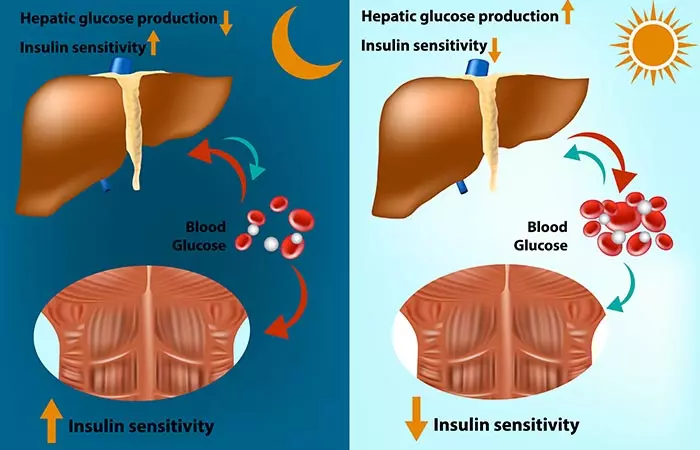

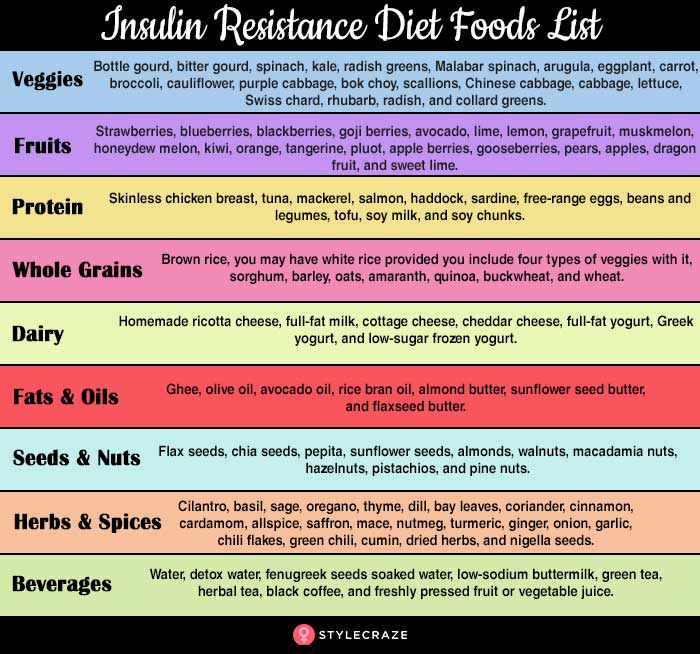






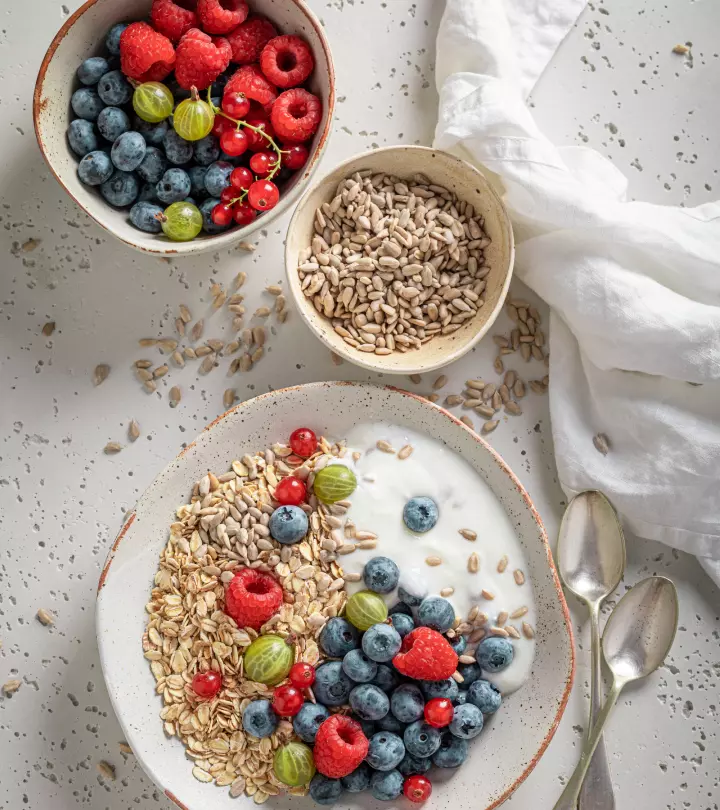
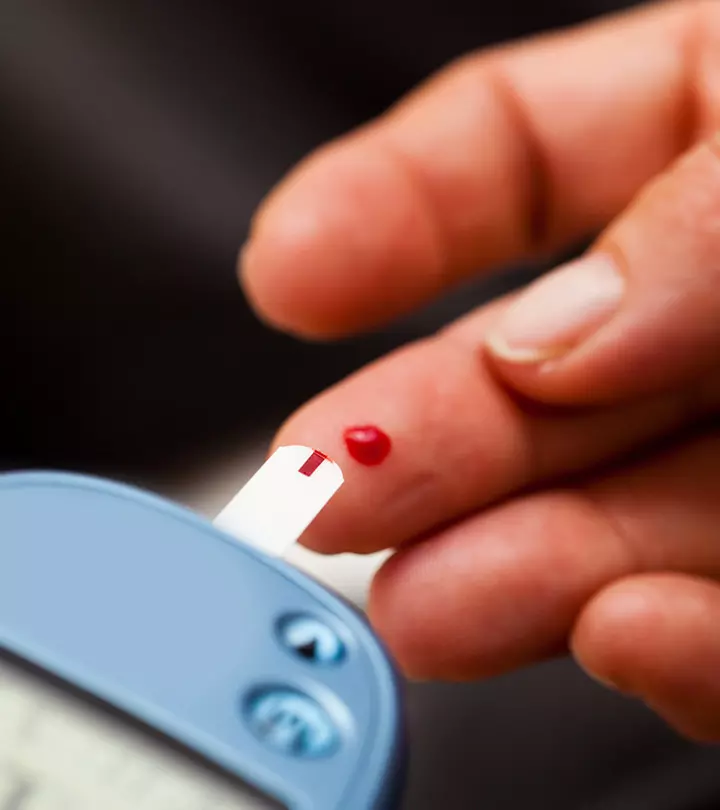
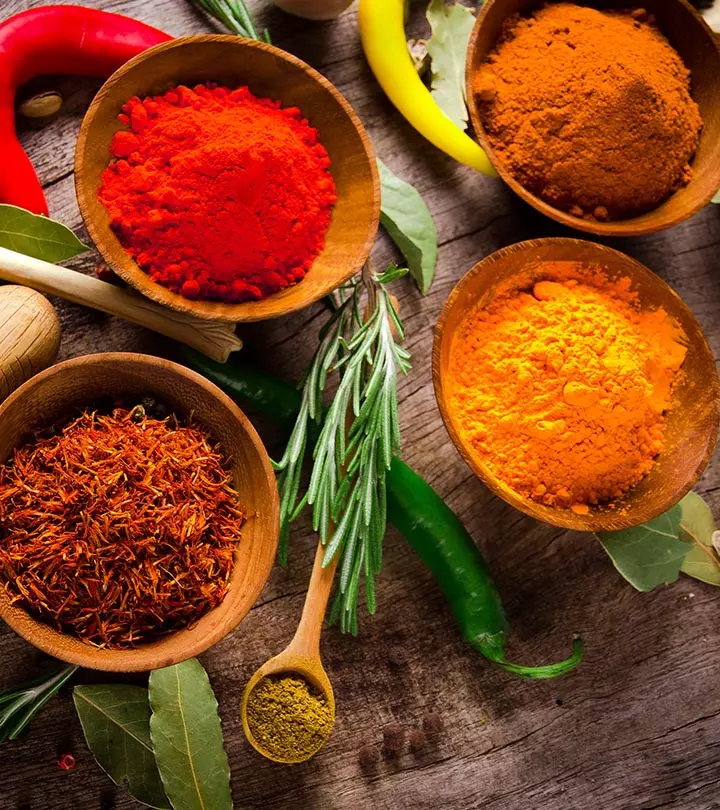
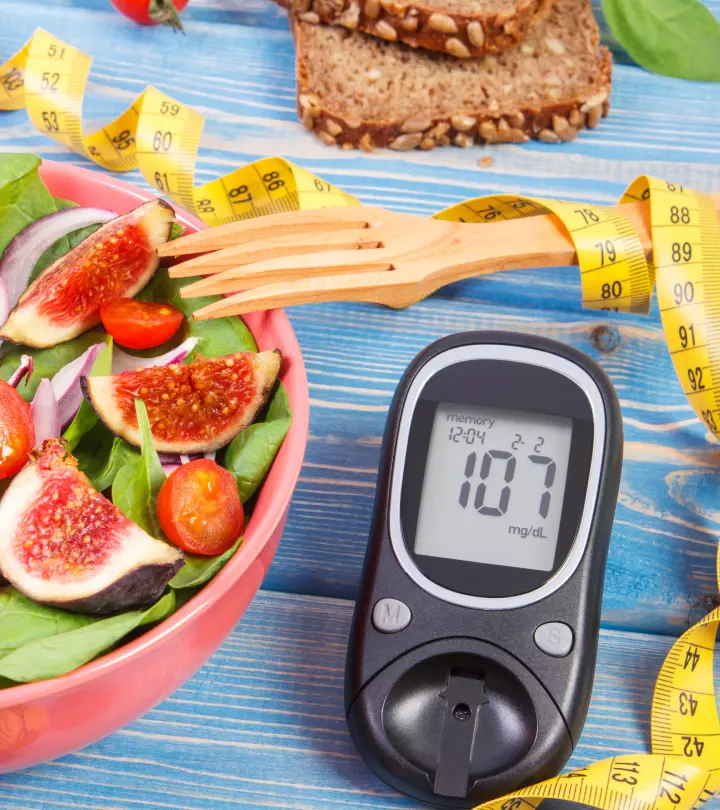
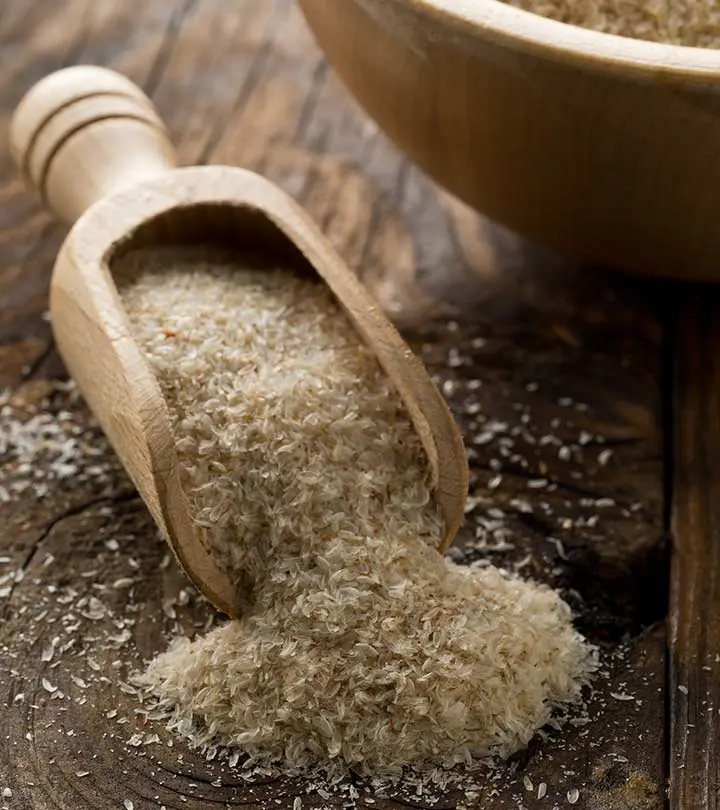
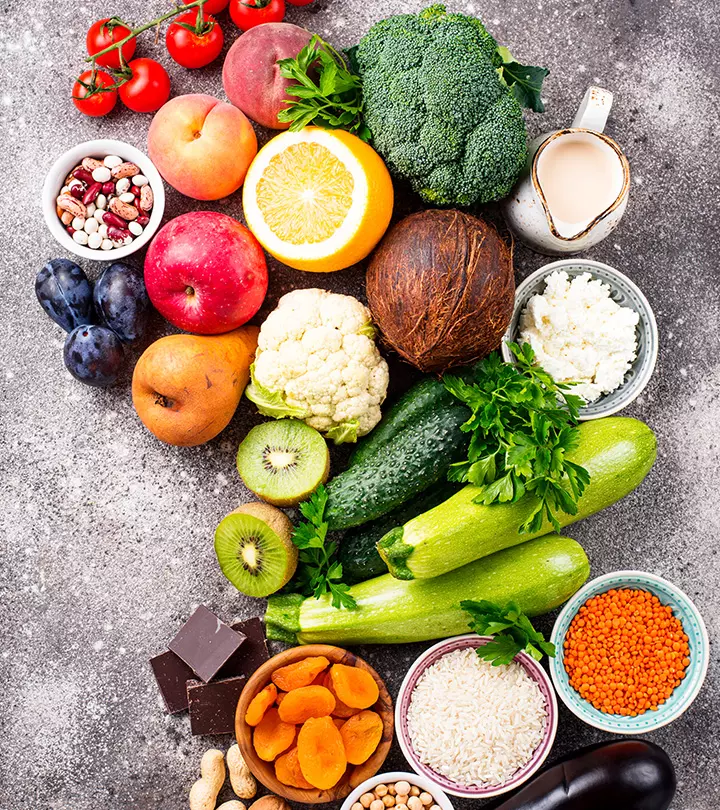

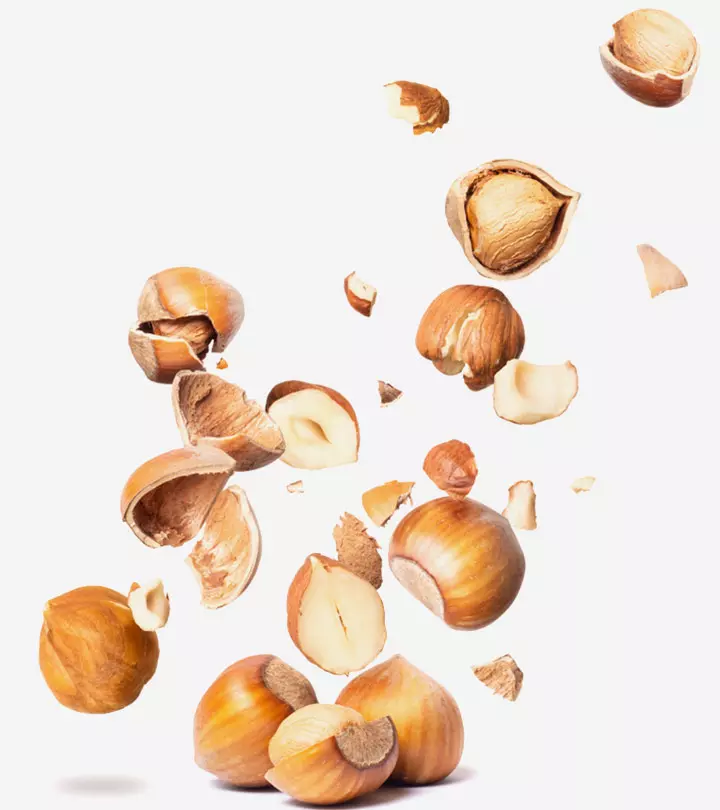
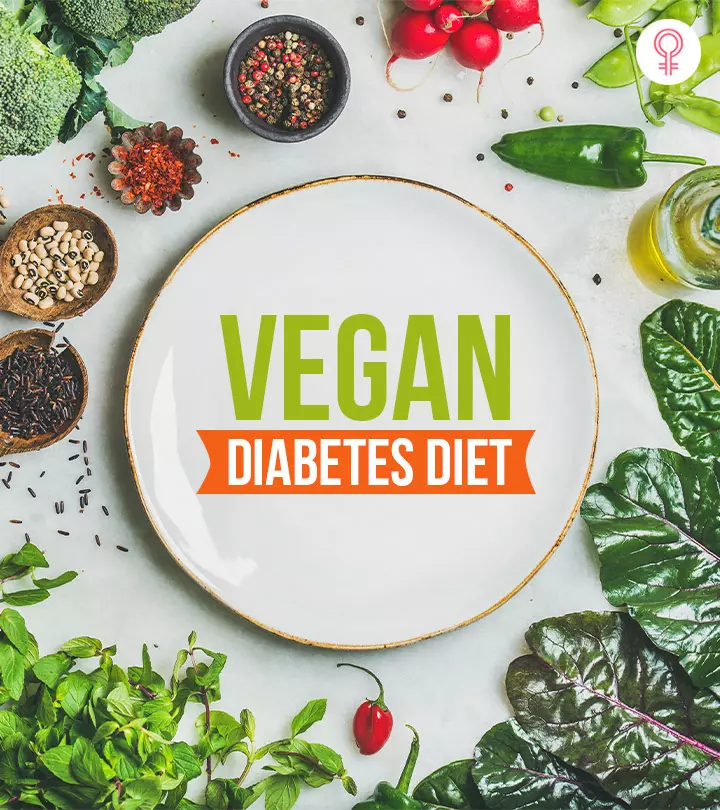
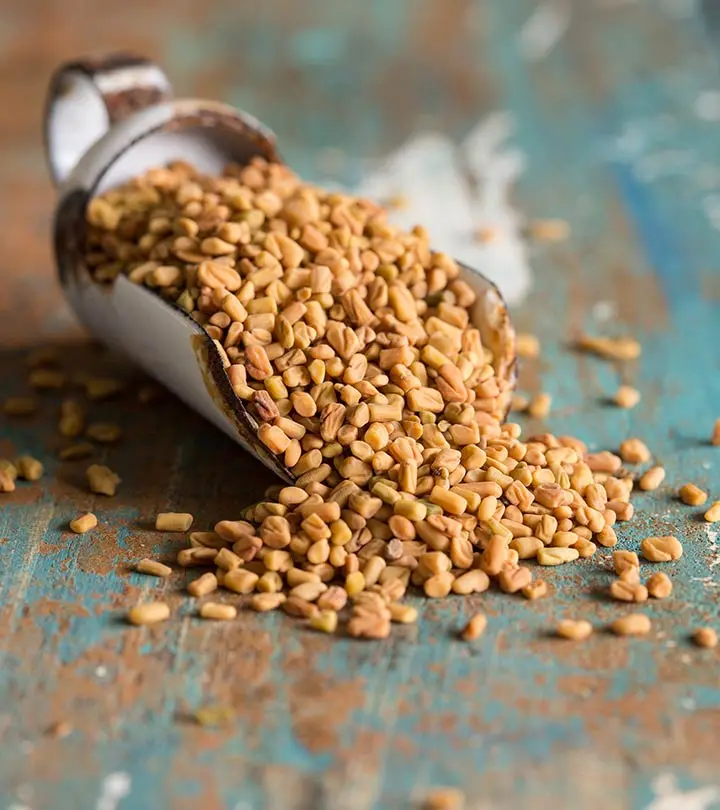



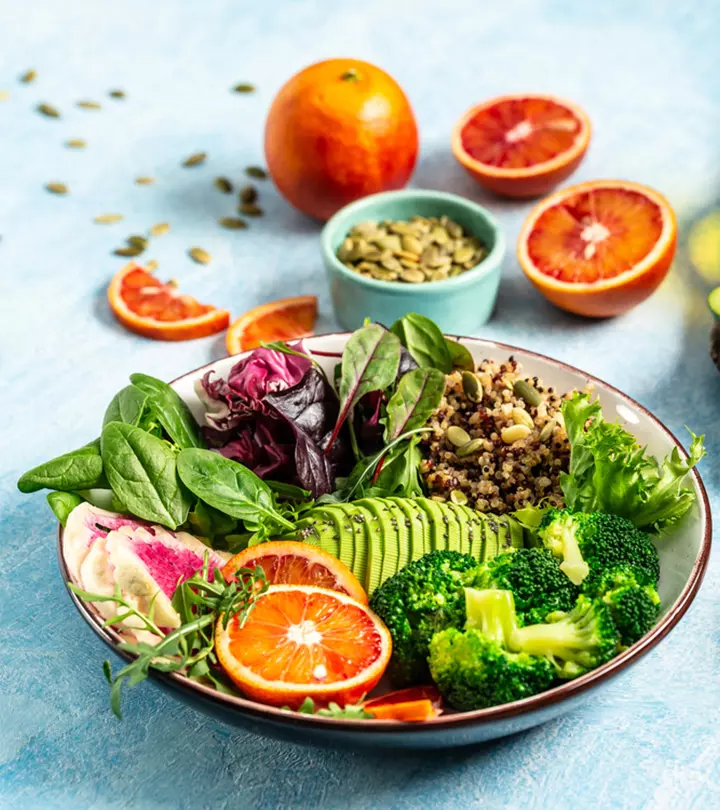
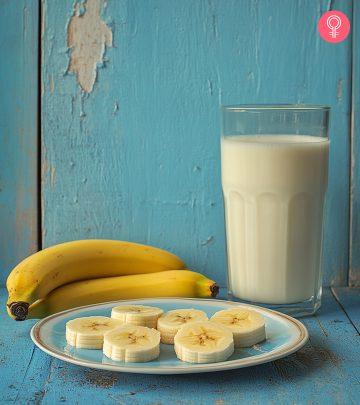
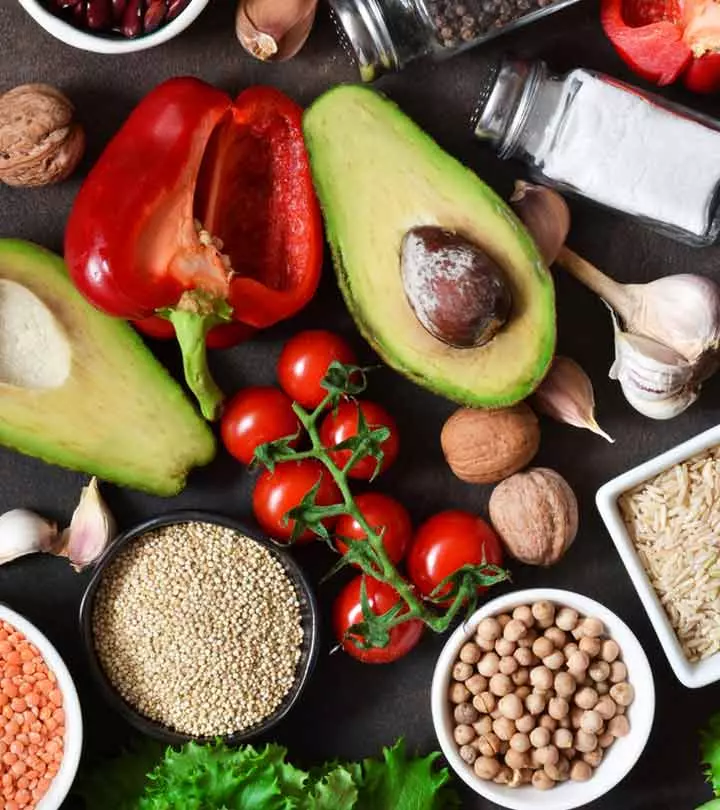

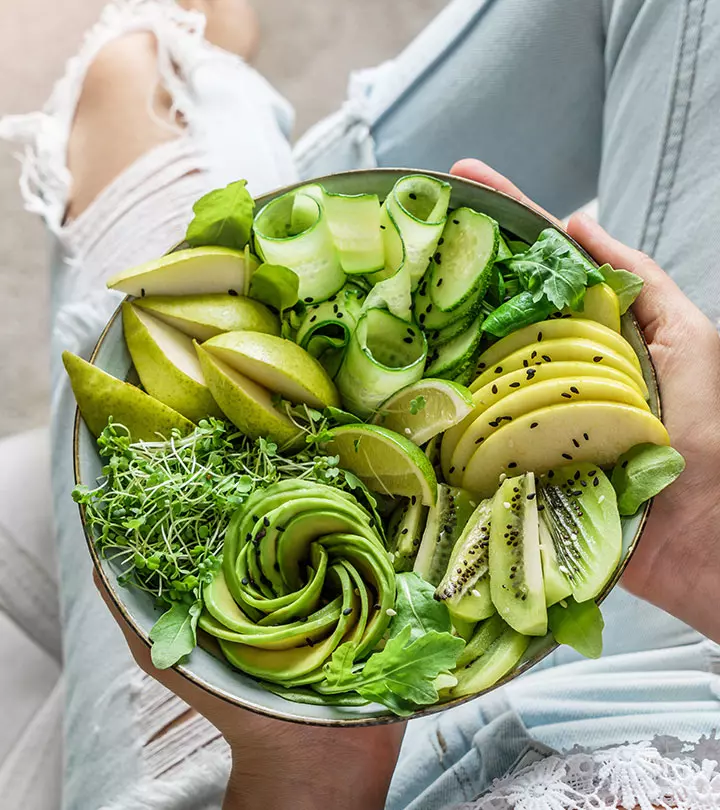



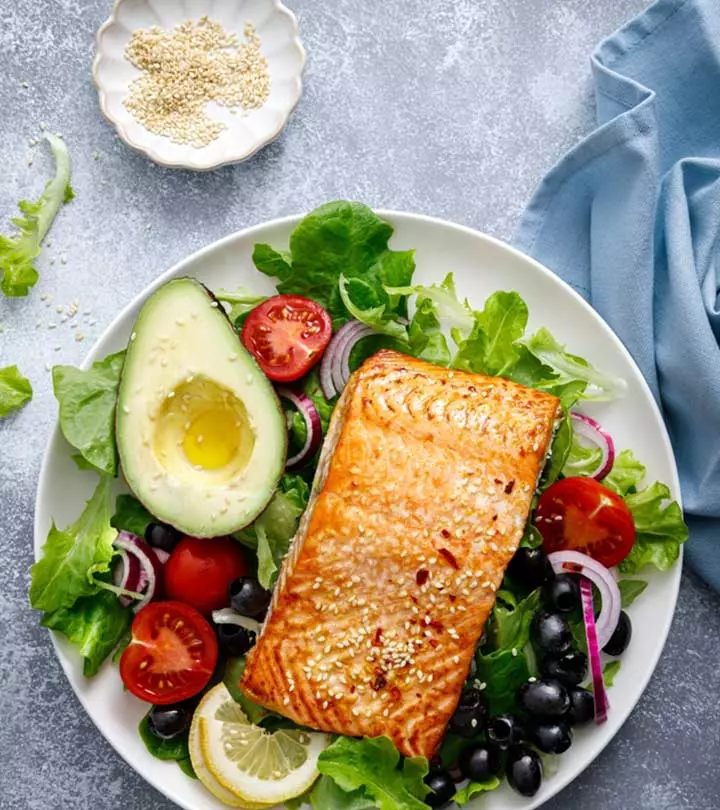
Community Experiences
Join the conversation and become a part of our empowering community! Share your stories, experiences, and insights to connect with other beauty, lifestyle, and health enthusiasts.